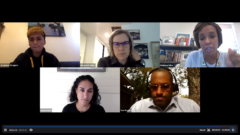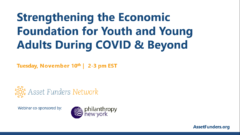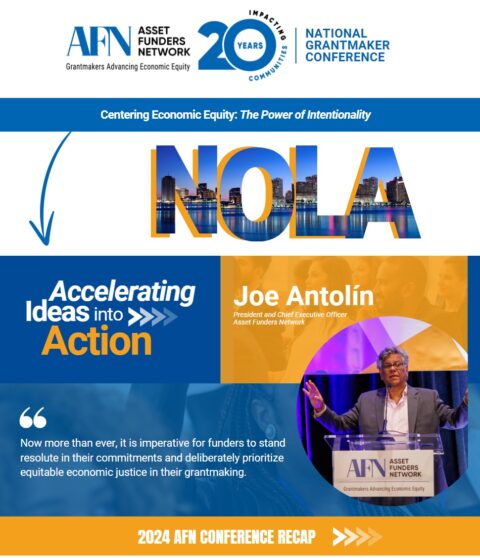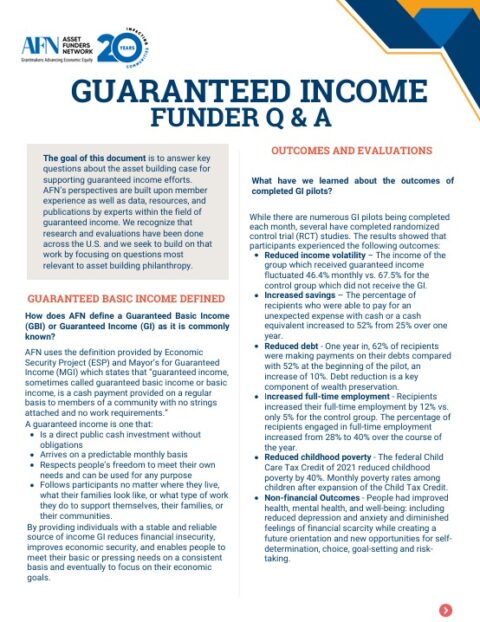While COVID 19 has had dramatic impacts on all segments of society, Generation Z will likely bear the greatest financial brunt of this crisis. Inheriting a society filled with structural economic inequities, poor prospects for quality employment, and the inevitability of untenable future student loan debt will cause significant economic insecurity for this generation. In fact the unemployment rate for young workers ages 16–24 jumped from 8.4% to 24.4% from spring 2019 to spring 2020, representing four million youth. While unemployment for their counterparts ages 25 and older rose from 2.8% to 11.3% the Spring 2020 unemployment rates were even higher for young Black, Hispanic, and Asian American/Pacific Islander (AAPI) workers (29.6%, 27.5%, and 29.7%, respectively.
For low-income BIPOC youth without a financial safety, net these combined factors may mean financial devastation. It will impact their financial and economic lives not only during the pandemic, but over the longer term as they strive, save, and build financial stability for their future.
On November 10th, 2020 we heard from Monique Miles, Aspen Institute, Forum for Community Solutions, Margaret Libby, My Path, Amadeos Oyagata, Youth Leader, and Don Baylor, The Annie E. Casey Foundation (moderator) as we discussed this important topic.
Watch and learn how to build financial security for youth (16-24), which not only responds to the current moment but also builds a solid foundation for their economic success.
Investing in youth now will lead to future dividends helping them to not only survive, but thrive.
RESOURCES
- Measure of America – A Decade Undone: Youth Disconnection in the Age of Coronavirus
- The High Cost of Youth Unemployment
- Aspen Institute Forum for Community Solutions: Arnold Chandler at the October 2015 OYIF Convening Plenary: Countering Adversity
This webinar was co-sponsored by:






